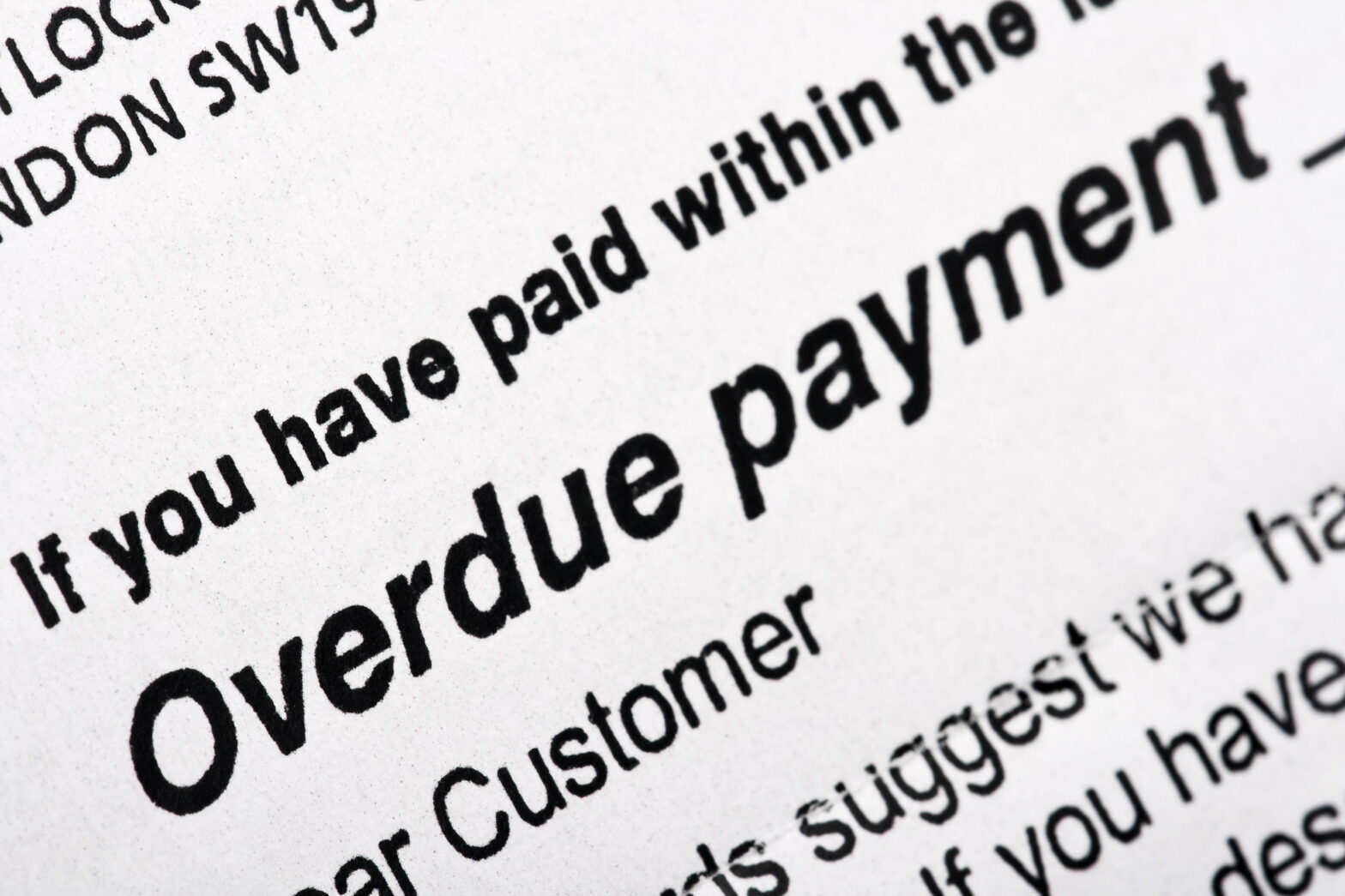I assume that the debt is not disputed by your client and that you clearly stated your payment terms and these have now expired.
Provided you are happy that payment really is now due then there a number of things you could do:
- Phone the client to see if there is a reason for non-payment. This could include having wrong bank details for you or a query on the amount. You may be able to resolve this on the phone and agree payment.
- Impose your rights under the late payment legislation
- Take court action
Related: Calling in your debts and chasing late payments
Before you take court action, you should consider alternative methods of recovering debt such as using:
- An accountant some offer debt collection services as well as advice on credit control and debt collection procedures
- A solicitor (some solicitors specialise in debt collection. They can issue powerful letters in a short space of time). Agree a fee for this service in advance
- A debt collection agency
If court action still seems the best solution, consider whether making a claim is cost-effective. It might be cheaper to write off small sums. If a customer is likely to place large orders in future, it may be better to let things lie if only a relatively minor amount is in dispute.
You need to make sure that customers have the means to settle. If they are bankrupt or in liquidation, your debt is probably irrecoverable.
Debts of up to £5,000 are dealt with by the small claims track at your local county court. This offers a quick and inexpensive way of making claims for unpaid debts, as you don’t have to employ a solicitor.
Claims from £5,000 to £25,000 must be issued in a county court, while claims of more than £25,000 can be issued in the High Court. It’s advisable to get legal advice about this.
See also: Options for chasing late payments





